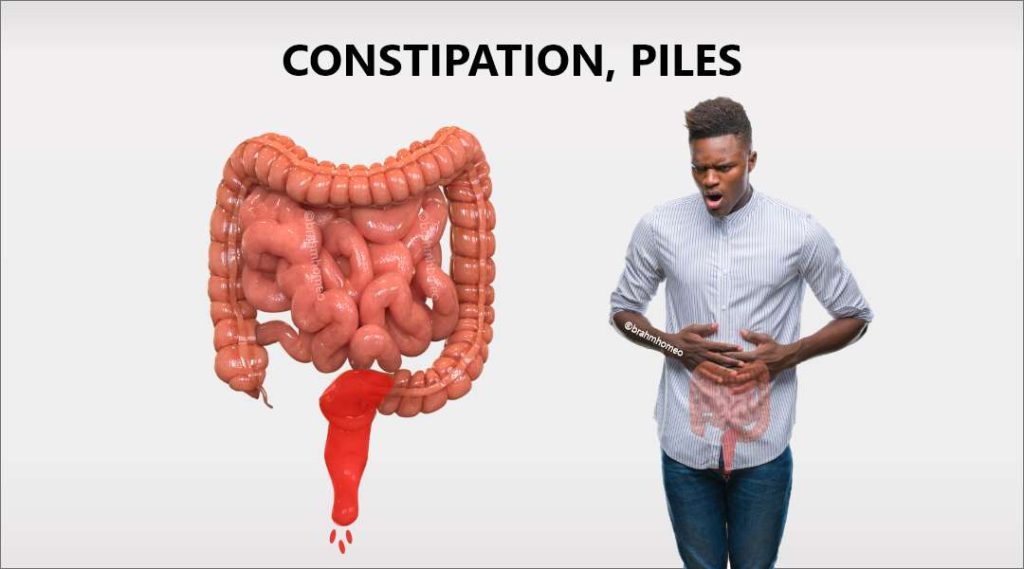
Introduction
Constipation and piles (also known as hemorrhoids) are more than just discomfort—they’re often closely linked, creating a painful cycle that can worsen over time. At Dr. Rakesh Dhupia Jain’s clinic, known for its excellence in piles treatment, patients are educated and treated with utmost care using modern laser technology and expert diagnosis. But how exactly are these two conditions connected? Let’s break it down.
What Are Piles?
Piles, or hemorrhoids, are swollen veins in the lower rectum or anus. They can be:
- Internal: Located inside the rectum; usually painless but may cause bleeding.
- External: Found under the skin around the anus; can be itchy, painful, and may swell.
Common Symptoms:
- Pain during or after bowel movements
- Bright red blood in stool
- Itching or irritation
- A lump near the anus
Related Post
Top Post
What Is Constipation?
Constipation occurs when bowel movements become infrequent, difficult, or painful.
Common causes:
- Lack of fiber
- Inadequate water intake
- Sedentary lifestyle
- Ignoring the urge to go
Constipation may be acute (temporary) or chronic(long-term).When chronic, it significantly raises the risk of developing piles.
How Constipation Causes Piles
- Straining During Bowel Movements : Straining increases pressure in the lower rectal veins, causing them to stretch, swell, and eventually form hemorrhoids.
- Hard or Dry Stool : Difficult-to-pass stools can scrape and irritate the anal lining, triggering inflammation.
- Increased Blood Pooling : Prolonged time on the toilet can reduce blood flow from the rectal area, leading to vein enlargement.
According to Mayo Clinic, chronic constipation is one of the leading causes of hemorrhoids.
The Vicious Cycle – Constipation Worsens Piles, and Vice Versa
Here’s where it gets tricky:
- Piles make bowel movements painful → You avoid going
- Avoiding causes stool to harden → Constipation worsens
- More straining → Piles get worse
Signs Constipation Is Damaging Your Rectal Health
- Low Fiber Diet : Lack of whole grains, fruits, and vegetables slows digestion.
- Dehydration :Dehydration
- Prolonged Sitting : Desk jobs or lengthy time on the toilet put extra strain on anal veins.
- Delaying Bathroom Trips : Ignoring the urge makes stools drier and harder to pass.
Risk Factors That Link Constipation and Piles
- Frequent straining
- Hard, dry stools
- Pain lasting hours after a bowel movement
- Bright red blood on toilet paper
- Feeling of incomplete evacuation
How to Break the Cycle Between Constipation and Piles
- Add Fiber : Whole grains, beans, fruits like papaya and guava, leafy greens
- Drink Water Regularly : Aim for at least 2-3 liters daily
- Exercise Daily : Walking, yoga, or cycling can boost gut motility
- Don’t Delay the Urge :Go as soon as you feel it
Medical Solutions to Address Both Issues
- Over-the-Counter Options : Laxatives, stool softeners, fiber supplements
- Topical Creams and Ointments : Help relieve piles-related pain and swelling
- Laser Surgery : Quick, minimally invasive, and available at Dr. Rakesh Dhupia’s clinic
- Chronic Constipation Therapy : Includes diagnosis for underlying conditions like IBS
When to See a Specialist
If you experience any of the following:
- Bleeding with every bowel movement
- No relief after home remedies
- Swelling or pain around the anus
- Lump that won’t go away
👉 It’s time to consult a piles doctor and get personalized treatment.
Dr. Rakesh Dhupia’s Approach to Treating Piles and Constipation
Dr. Dhupia blends years of surgical expertise with a compassionate, evidence-based approach. His clinic offers:
- Advanced diagnostics
- Laser hemorrhoid treatment
- Laser hemorrhoid treatment
- Follow-up plans to prevent recurrence
Prevention Tips – Keep Your Gut Happy
- Eat fiber-rich foods
- Drink plenty of water
- Stay active
- Avoid long sitting on toilets
- Practice good toileting habits
Myths About Constipation and Piles – Busted
- ❌ Only older people get piles : Truth: Even teenagers and young adults with poor habits can develop them.
- ❌ Surgery is always required Truth : Many early-stage cases resolve with lifestyle and medical support.
- ❌ Drinking water alone is enough Truth : You need a balanced fiber intake and regular movement too.
FAQs :
1. Can constipation cause piles every time?
No, but frequent constipation increases your risk of developing piles significantly.
2. How long does it take for piles to form from constipation?
It varies. Chronic constipation over weeks or months can gradually lead to hemorrhoids.
3. What foods help prevent constipation and piles?
High-fiber items like oats, flaxseeds, legumes, bananas, and green leafy veggies are ideal.
4. Can piles go away if constipation is cured?
Mild cases might improve, but chronic or large piles may still need medical treatment.
5. How can I know whether it’s piles or just constipation?
If there’s rectal bleeding, pain, or a visible lump, it’s best to consult a specialist for evaluation.
Conclusion
Ignoring constipation doesn’t just affect your digestion—it can cause painful and persistent conditions like piles. Fortunately, both issues can be managed and even prevented with the right combination of lifestyle changes and expert medical care. Dr. Rakesh Dhupia Jain offers patient-first solutions backed by years of experience and advanced tools like laser treatment for effective piles care. Don’t let the cycle continue. Act early, eat smart, and seek help when needed.
Call to Action
💡Think your constipation might be causing piles?
Don’t wait for the pain to get worse. Schedule a consultation with Dr. Rakesh Dhupia Jain today for expert diagnosis and lasting relief.
Don’t wait for the pain to get worse. Schedule a consultation with Dr. Rakesh Dhupia Jain today for expert diagnosis and lasting relief.
